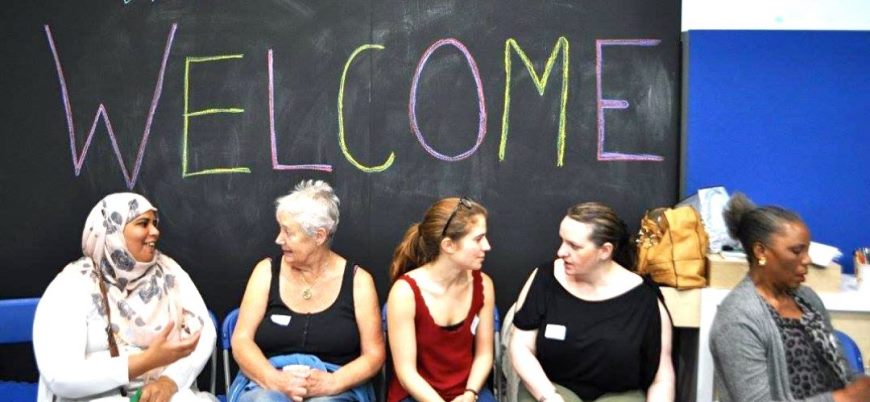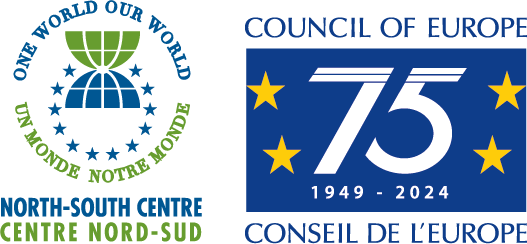Last 3 and 4 October, the North-South Centre of the Council of Europe invited over 120 participants from both shores of the Mediterranean to discuss solutions for integration and protection of migrant, refugee and asylum-seeking women and girls in the Euromed region. The event took place in Athens and promoted cooperation and coordination between governments, local and regional authorities, civil society experts and other relevant stakeholders.
Calling attention to the need to protect migrant women and girls from all forms of violence, the Executive Director of the North-South Centre stressed that women and girls are the “most vulnerable” among the migrants and refugees and are often subject to several forms of violence from female genital mutilation and forced marriage to human trafficking and rape. According to METAdrasi’s founder and President, Lora Pappa, “at least 1 in 5 female migrants are estimated to have suffered gender based violence.” Anna Zobnina, Strategy & Policy Coordinator of the European Network of Migrant Women stressed the importance of adopting a feminist approach in migration management and gender-disaggregated data. She also raised the concern of the alarming disappearance of refugee girls, before and after they reach Europe. A sign of the particular vulnerability of refugee girls to abduction, trafficking, labour and sexual exploitation.
The Congress of the Local and Regional Authorities of the Council of Europe exposed the current political challenges at the local level in Europe, whereas UNHCR reported on the state of play in the MENA region and the Asylum Service of the Greek Ministry of Migration Policy stressed the deficiencies in international law. Speakers unanimously refereed to the current human rights violations and the greater vulnerability of refugee women and girls. The European Institute on Gender Equality and UN Women referred to need to implement existing solutions.
An effective response to current challenges can be found in some of the good practices, promising initiatives and key addresses on the existing standards and tools. In this regard, the Council of Europe standards such as the Istanbul Convention, Lanzarote Convention and the Convention on Action against Trafficking in Human Beings whose added value are the focus on victim protection and their human rights and gender perspectives and were presented by the Gender Equality Division of the Council of Europe.
Civil society organisations from Algeria, Egypt, Greece, Italy, Jordan, Lebanon, Malta, Morocco, Palestine*, The Netherlands and Tunisia, specialising in the field of protection and integration of women and girls victims of violence and exploitation showcased their good practice.
The Women's Centre for Legal Aid and Counselling presented its project TAKAMOL, a National Referral System for Women Victims of Violence which aims to contribute to improving overall delivery of legal, health, and social services for women victims of gender-based violence and those at risk of violence in Palestine*. KAFA’s showcased their gender-based violence outreach activities addressing Syrian refugees and host communities in Lebanon, which is the world’s biggest refugee host country by share of population.
The Conference contributions, sharing of experiences and live testimonies, from different perspectives, reached the conclusion of the prompt need of effective cooperation and coordination at local, national and international level to ensure displaced women rights. In this respect, civil society and community-based organisations’ central role was recognised.
One of the main consensuses among participants was that migrant women and diaspora communities are major contributors to their host society for numerous social, economic and cultural aspects. Indeed, experts agreed that once their specific needs and vulnerabilities are addressed, host societies can benefit greatly from their strength and resilience.
Held in partnership with the Greek NGO METAdrasi and the European Public Law Organisation, the conference on “Migrant, refugee and asylum-seeking women and girls in the EuroMed region” received the financial support of the Portuguese Government and the Aga Khan Development Network. The event was a direct result of the roundtable on “Women refugees, migrants and asylum seekers in Europe and the Southern Mediterranean: Meet the immediate emergency needs and find the longer term solutions” organised in the framework of the Lisbon Forum 2016.




